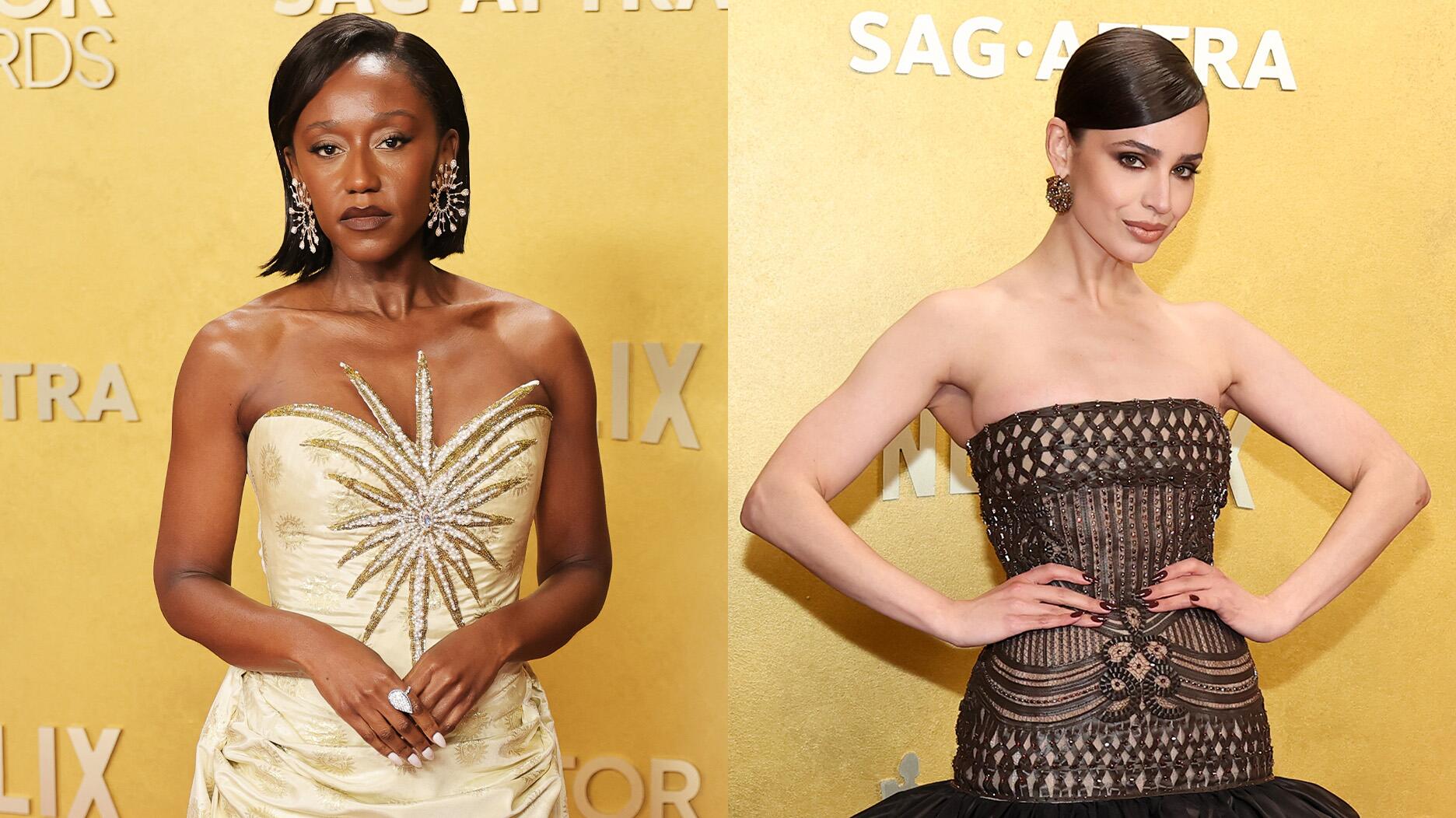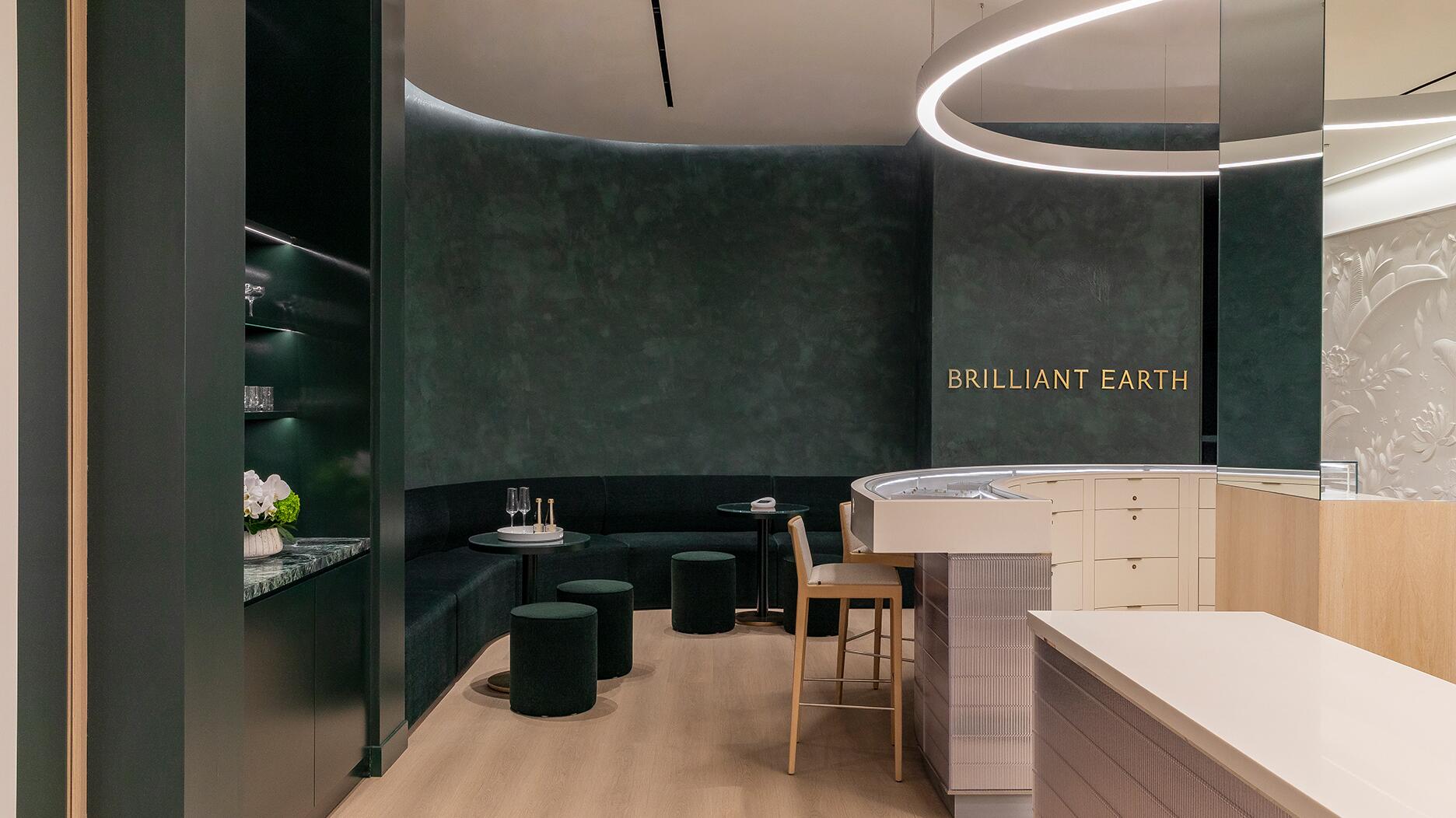What Do We Mean When We Say ‘Responsible’?
It’s a question that’s been on Editor-in-Chief Michelle Graff’s mind since Feb. 24.

Every time the word comes to mind, so does this question: What do we mean in the jewelry industry when we say “responsible?” I don’t mean only as the term applies to RJC and its standards, and I’m not writing this piece as a criticism of RJC alone but, instead, to pose this question to the industry as a whole.
I’m asking, obviously, in light of Russia’s Feb. 24 invasion of Ukraine and its effects on the jewelry industry, which have spread like smoke trapped in a vacuum chamber.
The first major company to speak out was Brilliant Earth, announcing Feb. 26 that it was pulling Russian diamonds from its website.
Signet announced its decision to cut ties with Russian companies during its March 17 earnings call. Tiffany & Co. followed on March 25, and then Chopard.
The RJC blowback came this week, with the resignation of now-former Executive Director Iris Van der Veken and the exit of major players like Pandora and Richemont.
It’s obvious why these companies are disavowing Russian goods and Alrosa’s participation in RJC now, but the situation at hand forces us, if we are willing, to confront a larger truth.
Russian President Vladimir Putin, who first entered office in 2000, has been a bad actor for decades.
The list of atrocities he’s committed or is accused of committing include, but are certainly not limited to, human rights abuses in Chechnya, the 2014 annexation of Crimea, the poisoning of dissidents, and the near extermination of the free press in Russia.
So, was buying diamonds from Alrosa ever really responsible?
It’s another question that’s been on my mind since Feb. 24 and one that JCK News Director Rob Bates addressed in a recent episode of JCK’s podcast.
Bates pointed out that Alrosa has been a well-respected player in the jewelry industry, a “good actor” that’s gone out of its way to be transparent and take social responsibility seriously and, I would add, continues to provide jobs for a lot of people.
But that doesn’t change the fact that the diamond miner is one-third owned by the Russian government, a fact from which Alrosa can no longer distance itself.
“Whatever Alrosa’s merits ... as a business, people really looked at it as something distinct from the Russian government,” Bates said. “And in retrospect, perhaps that was a mistake because it is one-third owned by the Russian government.”
I would be remiss if I ended this editorial without addressing something non-Russia-related that’s come to mind while contemplating the “responsible” question.
Back in fall 2020, Rio Tinto CEO Jean-Sébastien Jacques resigned after the mining company blew up prehistoric caves in Western Australia that were sacred to two Australian Aboriginal groups—the Puutu Kunti Kurrama and Pinikura—and archeologically important, containing signs of human habitation stretching back 45,000 years.
Although the news was not specifically related to Rio Tinto’s diamond mining operations—it was the company’s iron ore division that destroyed the caves—the story felt important enough for us to cover. It received little attention in the trade otherwise.
Rio Tinto was in the news again more recently, this time for a report generated by an internal taskforce that revealed, to quote current CEO Jakob Stausholm, a “deeply disturbing” culture where women are sexually harassed and passed over for promotions, employees in Australia who identify as Aboriginal or Torres Strait Islander experience racism, and LGBTQIA+ employees are bullied.
Rio Tinto, like Alrosa, is, as far as I can tell, a respected player in the industry and a certified member of the Responsible Jewellery Council, once again begging the question—what do we mean when we say responsible?
Is behavior considered “responsible” up until the point it becomes so blatant—like a full-scale, unprovoked invasion of another country—that we can’t look the other way, though, unsurprisingly, many continue to do so?
Are we willing to take “responsible” measures only if it doesn’t hurt the bottom line or complicate business too much?
Are we worried about being “responsible” only when consumers are asking about a specific situation, or when we think they might “find out about it?”
Where do we draw the line on being “responsible?”
As I finished writing this Friday morning, Alrosa sent out a statement that it was suspending its membership in the Responsible Jewellery Council due to the “current unprecedented realities,” while noting it will continue to uphold its high standards of responsible business conduct and ethics, and fully support RJC’s mission.
We will have a full report on Alrosa’s decision in Monday’s newsletter and will continue to follow developments that relate to Russia and Ukraine.
Ongoing developments aside, this crisis is creating many questions the industry must confront, starting with the one I’ve posed here.
The Latest

Consumers were somewhat less worried about the future, though concerns about rising prices and politics remained.
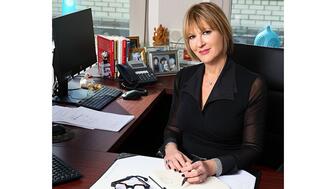
Foerster is this year’s Stanley Schechter Award recipient.
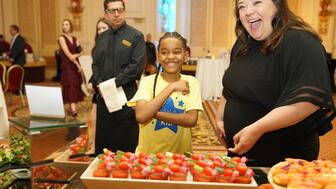
Sponsorships and tickets to the annual fundraising event, set for May 31, are available now.

Every jeweler faces the same challenge: helping customers protect what they love. Here’s the solution designed for today’s jewelry business.

Chicago police and members of the U.S. Marshals Service tracked down the 35-year-old suspect earlier this week in St. Louis.

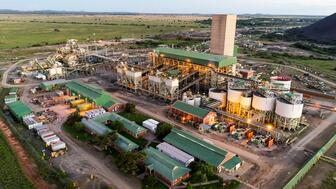
Owners of the Ekapa Mine reportedly filed for liquidation about a week after a mudslide trapped five workers who have yet to be found.
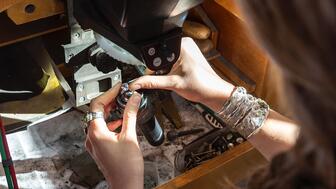
A 10-year alliance has also begun to address the shortage of bench jewelers through scholarships, enhanced programs, and updated equipment.

With refreshed branding, a new website, updated courses, and a pathway for growth, DCA is dedicated to supporting retail staff development.
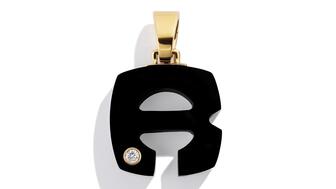
The “Splendente” collection has evolved to feature hardstone letter pendants, including our Piece of the Week, the onyx “R.”
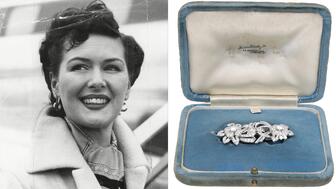
The jewelry collection belonged to “one of society's most glamorous and beautiful women of the mid-20th century,” said the auction house.
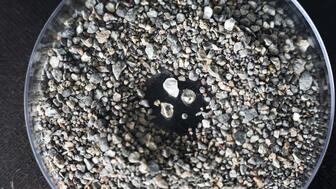
The update came as Anglo took its third write-down on the diamond miner and marketer, which lost more than $500 million in 2025.
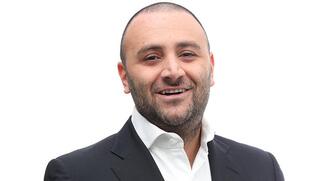
Emmanuel Raheb discusses the rise of “GEO” and the importance of having well-written, quality content on your website.
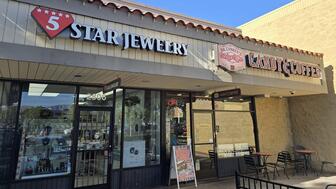
Each received around four years for burglarizing a jewelry store and a coffee shop in Simi Valley, California, last May.
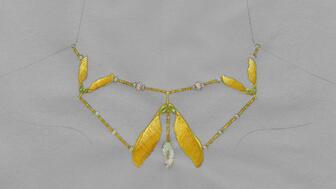
Catherine Aulick, a GIA graduate, received the ninth and final Gianmaria Buccellati Foundation Award for Excellence in Jewelry Design.
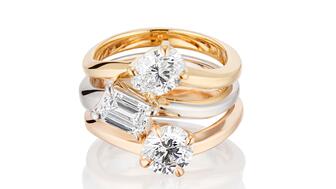
We asked a jewelry historian, designer, bridal director, and wedding expert what’s trending in engagement rings. Here’s what they said.
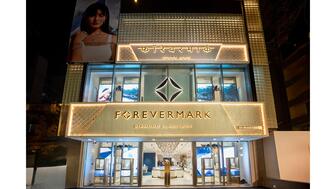
Experts from India weigh in the politics, policies, and market dynamics for diamantaires to monitor in 2026 and beyond.

Are arm bands poised to make a comeback? Has red-carpet jewelry become boring? Find out on the second episode of the “My Next Question” podcast.
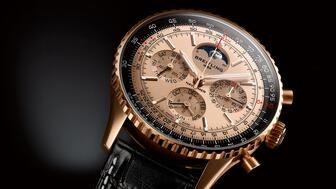
The Swiss watchmaker is battling declining sales amid a rapid retail expansion, according to a Financial Times report.
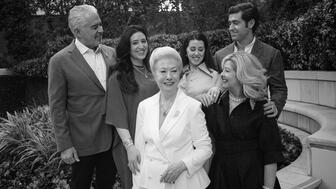
The campaign celebrates Giustina Pavanello Rahaminov, the co-founder’s wife and matriarch of the family-owned brand, for her 88th birthday.
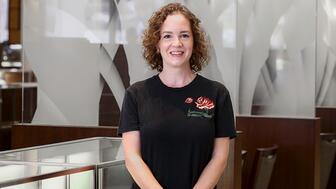
Rachel Bennett, a senior jeweler who has been with Borsheims since 2004, earned the award.
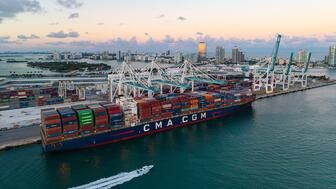
After the Supreme Court struck down the IEEPA tariffs, President Trump imposed a 10 percent tax on almost all imports via a different law.
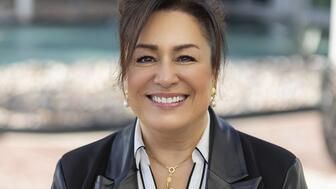
The industry veteran, who was with The Edge Retail Academy for 14 years, joins her husband at the company he founded in 2022.
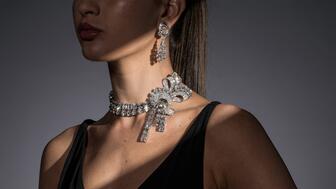
The vintage signed jewelry retailer chose Miami due to growing client demand in the city and the greater Latin American region.
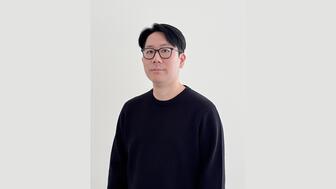
Former Flight Club executive Jin Lee will bring his experience from the sneaker world to the pre-owned watch marketplace.
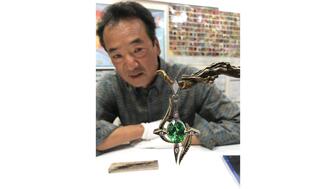
Sakamoto, who died in mid-January following a sudden illness, is remembered for his humility and his masterful, architectural designs.
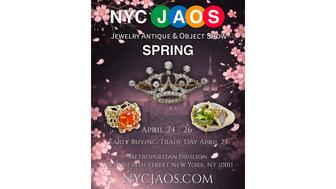
The April event will feature a new VIP shopping day requiring a special ticket.

Bulgari chose the British-Albanian singer-songwriter for her powerful and enduring voice in contemporary culture, the jeweler said.














